commentary Commentary
Commentary: Big Tech’s growth spurt may be coming to an end
Apple’s launch of ‘Sign in with Apple’ heralds the start of the end of radical innovation in Silicon Valley, says IMD Business School’s Howard Yu.
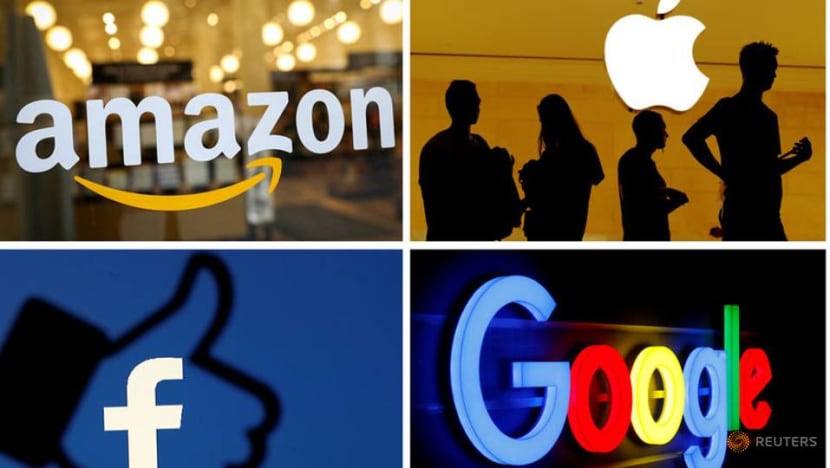
The logos of Amazon, Apple, Facebook and Google in a combination photo from Reuters files. (File photos: REUTERS)
LAUSANNE, Switzerland: Silicon Valley’s reputation as a bastion of creativity, innovation and openness has often been credited for Big Tech’s sterling success.
People are encouraged to take risks, failure is accepted as part of the innovation journey to break new ground, and collaboration rather than competition is the mantra of the day. New, nimble insurgents that find new ways of doing things are celebrated.
Still, it’s easy to speak about openness when Big Tech dominates global markets, resources and investments seem abundant, and opportunities for growth are relentless.
But will these tech titans stay that way when fortunes start to dwindle and the pie ceases to grow? Or will they start looking to eat each other’s cake?
While Big Tech has grown at an unprecedented rate over the last decade, owing largely to its disruptive business model, there are limits to this type of growth.
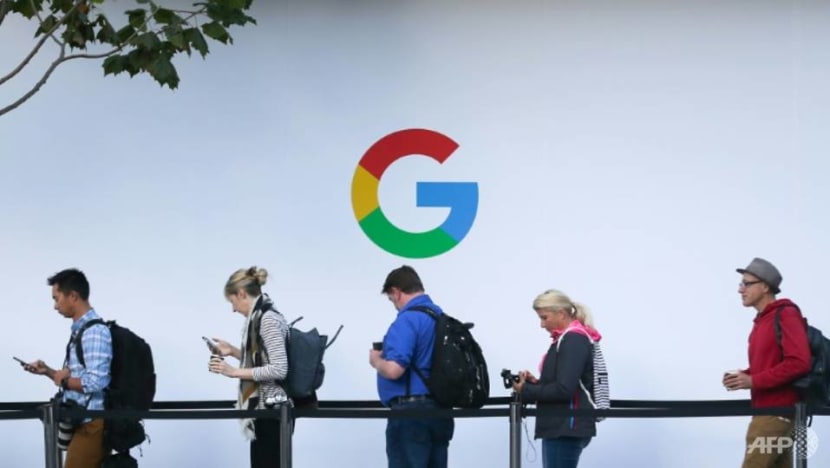
READ: Help, I love tech monopolies! A comnmentary
Apple and Facebook and Google and Amazon are beginning to show such signs of boxing themselves in and fighting over market share, instead of focusing on innovation to develop new products that change lives.
Indeed, the fight over market share is something that Silicon Valley has long sought to avoid. “The number one thing that has made us successful by far is obsessive compulsive focus on the customer as opposed to obsession over the competitor,” pronounced Amazon CEO, Jeff Bezos.
Tech giants tell us that they do well because they don't think of competition, except, of course, they do.
READ: Antitrust law should change Facebook and Instagram’s relationship status, a commentary
APPLE SIGN-IN
During Apple’s Worldwide Developers Conference last month, senior vice president of software engineering, Craig Federighi, took the stage. The crowd cheered when he announced Sign in with Apple, which was essentially similar to any single sign-in that Facebook and Google provided, giving consumers “fast, easy sign in, [but] without the tracking".
When a third-party app asked for an email address, “Sign in with Apple” could generate a unique random email address that would keep one’s real email address private.
But just how revolutionary is this new feature? Will it really help to protect personal privacy better?
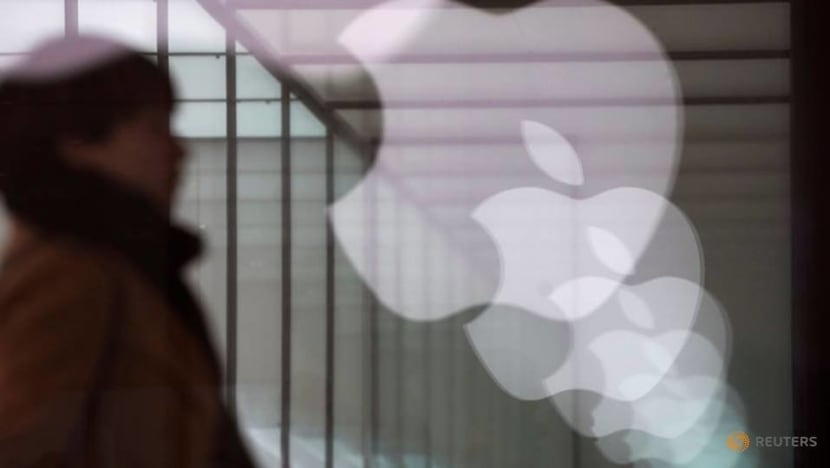
Experts weighed in on this private feature. Some said it “only [removed] one small piece of trackable data from the equation” as any app or website could still track one’s IP address.
Others said it reinforced Apple’s “longstanding commitment to privacy” although consumers would merely hand over their privacy from Google and Facebook to Apple, trusting Apple “to stay true to its promise and not track or analyse.”
But one expert had a reminder for readers:
Apple helped US intelligence agencies with its PRISM surveillance programme. For this reason, it is highly questionable whether Apple should really be trusted in the way that many people blindly do.
So it seems Apple’s massive taking on of Google and Facebook has less to do with technological ingenuity and more to do with capturing market share by seeming to solve a problem for users.
The outcomes are questionable. The goal is to win consumer share, around which consumers are now asked to choose to sign in with their Apple IDs.
READ: How the Apple world is quietly changing, a commentary
Why? Because the primary email addresses you and I use as our login credentials remain the most important piece of information that tech giants crave. It centralises access and data on all your apps and accounts in the hands of the sign-in entity. It locks in users to an Apple ecosystem in this case.
SLOWING GROWTH IN TECH
When tech companies talk about winning market share, the unmentioned fact in the background is low market growth. iPhone revenue has dropped by 17 per cent, the steepest ever rate for three months (until the end of March) this year.
Google’s famous ad model, in which advertisers pay a fee each time an ad is clicked on, has seen its growth decelerate, with “paid clicks” slowing to 39 per cent growth during the first quarter of 2019 compared to 59 per cent at the beginning of last year.
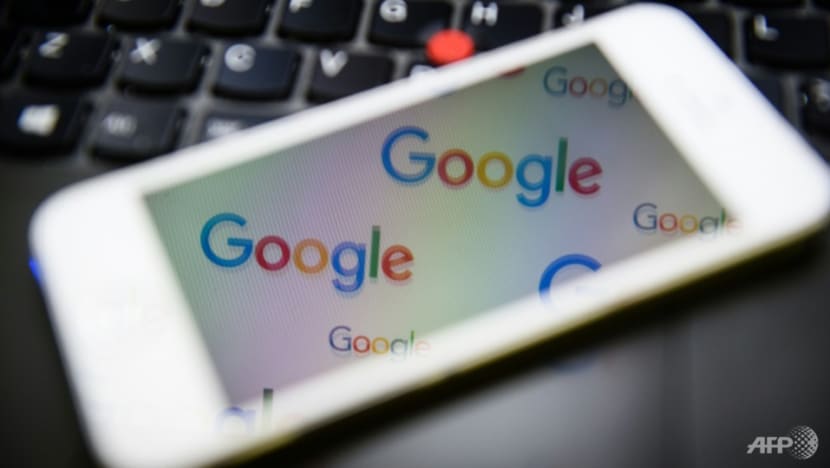
With so many people already online (some 51 per cent of the world’s population and 3.8 billion people in total), new internet users are harder to come by.
The internet grew by only 6 per cent in 2018. This is not the world that Silicon Valley learned to finesse.
SILICON VALLEY’S OBSESSION WITH HIGH GROWTH
Silicon Valley is more at ease operating in high-growth markets. Reid Hoffman, co-founder of LinkedIn, saw that the key to his company’s success was “an aggressive, all out programme of growth".
“Blitzscaling,” a term he coined, refers to the central doctrine that involves prioritising speed over efficiency, even in an environment of uncertainty.
An entrepreneur must be willing to pay the cost of significant operating inefficiencies in exchange for the ability to move faster because “the risk and cost of being too slow is even greater”.
In 1996, a pre-IPO Amazon Books had 151 employees and was generating revenues of US$5.1 million. By 1999, the then public Amazon.com had grown to 7,600 employees and was generating revenues of US$1.64 billion. In 2017, Amazon had 541,900 employees and was forecast to generate revenues of $177 billion.
The lesson? Move fast. Break things. Learn. Repeat. Until you reach total market dominance.
LISTEN: That awkward conversation we need to have with Facebook, an episode on The Pulse
Silicon Valley’s doctrine of high growth has been entrenched by studies that confirm high-growth can be a multiplier. When McKinsey analysed the life cycles of 3,000 software and Internet companies in 2014, they found that a positive feedback loop made rapid growth the key factor in financial success:
First, growth yields greater returns. High-growth companies offer a return to shareholders five times greater than medium-growth companies.
Second, growth predicts long-term success. “Supergrowers”—companies whose growth was greater than 60 per cent when they reached US$100 million in revenues—were eight times more likely to reach US$1 billion in revenues than those growing less than 20 per cent.
But the consumer Internet is slowing to single-digit growth. Tech giants are being boxed in. Instead of blitzscaling, they are fighting for market share.
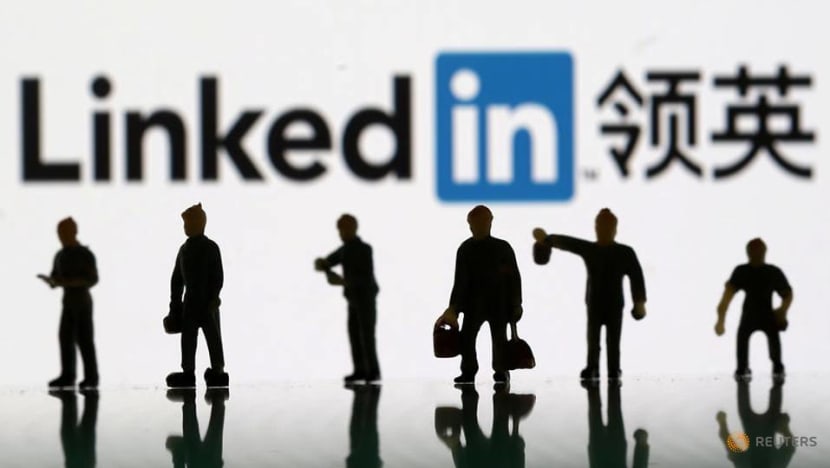
So why don’t they grow in a new arena? They tried. For instance, in 2012, when Google bought Motorola for US$12.5 billion in an attempt to enter the hardware business, it ended up fire-selling Motorola to Lenovo at US$2.9 billion.
The Nexus tablet similarly failed to take off, and Google’s fiber division shuttered after failing to popularise its ultra-fast Internet service.
Even the much-hyped Google Glass, which heralded the arrival of augmented reality, turned out to be a flop. Moreover, the company’s early dabbling in self-driving cars resulted in Waymo, which has yet to gain commercial traction.
CREATIVITY PLUMMETS IN BIG FIRMS
Bureaucracy and administration nearly always kill companies. Celebrated physicist, Geoffrey West, has observed that cities exhibit super-linear growth—as a city gets bigger, every person there becomes more productive, but companies exhibit the exact opposite trend.
Creativity and innovation plummet in a big firm because, inside a big company, “someone has got to take care of the taxes and the bills and the cleaning the floors and the maintenance of the building and all the rest of that stuff.”
READ: This low global growth is structural, not cyclical, a commentary
All the moonshot ambition notwithstanding, Silicon Valley is now struggling to come up with a new business model. Big Tech giants are struggling to create new market space that could make competition irrelevant.
So this growth spurt that Big Tech has been exhibiting all these years might just be coming to an end. They are sagging under their own weight.
Howard Yu is the author of LEAP: How to Thrive in a World Where Everything Can Be Copied, LEGO professor of management and innovation at the IMD Business School in Switzerland and Singapore, and director of IMD’s signature Advanced Management Programme.












